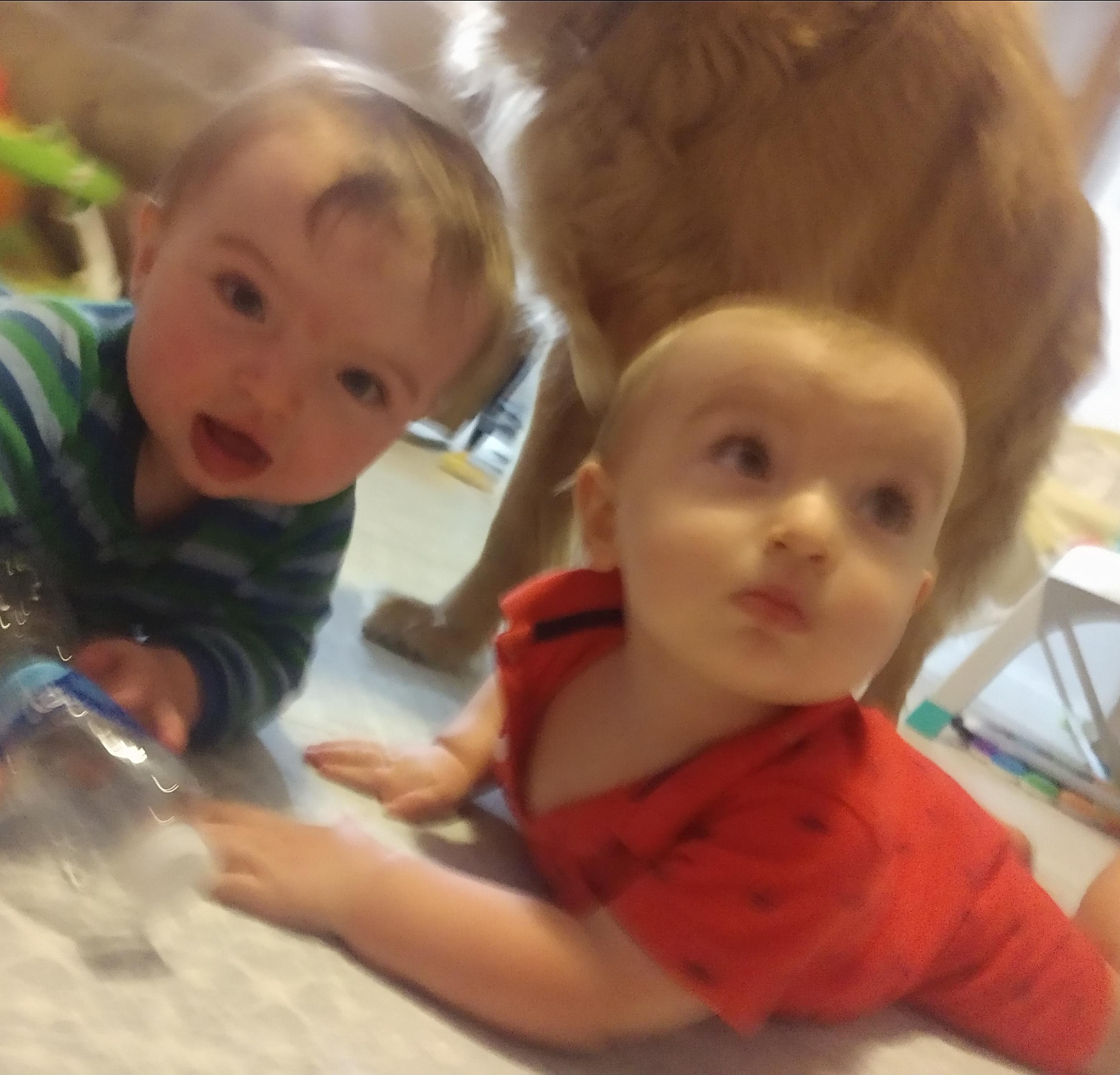Scary Parent Alert.
From Medscape:
Dosing Errors Common With Medicine Measuring Cups
By Anne Harding
NEW YORK (Reuters Health) Feb 04 - Parents often make mistakes when using a dosing cup to measure out liquid medicine for their children, a new study shows.
Just half got the dose right when using a cup with etched markings, while only 30% measured accurately using a cup with printed markings, Dr. H. Shonna Yin of New York University School of Medicine in New York City and her colleagues found. But when parents used a dropper, dosing spoon, or oral syringe, they got the dose right 85% of the time.
"The cups can be very confusing for a lot of different reasons," Yin told Reuters Health. "For example, cups might have both teaspoon and tablespoon markings, and this can lead to confusion because the abbreviations are so similar."
Dosing mistakes are the most common reason for preventable adverse drug events in children, Dr. Yin's team notes in the Archives of Pediatrics and Adolescent Medicine. And while such errors are known to occur frequently, there has been little study of factors that could help improve dosing accuracy.
To investigate, the researchers asked 302 parents visiting a public hospital pediatric clinic to measure out a 5 milliliter (one teaspoon) dose of liquid medicine using one of six different dosing instruments. They also assessed the parents' health literacy by showing them a nutrition label and asking them some questions about it.
Study participants using the printed cup were 27 times as likely to make a dosing error as those who used an oral syringe; etched markings were associated with an 11-fold increased risk of error. Large errors were six or seven times more common when using the cups compared to the syringe.
Having low health literacy also increased the likelihood of making a dosing mistake.
Most of the dosing mistakes made were overdoses, Dr. Yin noted, but it's not likely that giving these wrong doses to a child would cause serious harm. "You can have minor side effects like nausea, stomachaches, dizziness, and drowsiness," she said.
But even though such mistakes are rarely life-threatening, she added, "I don't think we should accept that it's inevitable for parents to misdose the medicines that they're giving their young children."
About one in four US parents has low health literacy, Dr. Yin said. While one approach to the problem of dosing mistakes would be to improve health literacy for all, she added, "a better approach is to try to make the tasks that we're giving people easier to navigate."
The US Food and Drug Administration is currently working on industry guidelines to improve the accuracy of dosage delivery devices.
Arch Pediatr Adolesc Med 2010.



